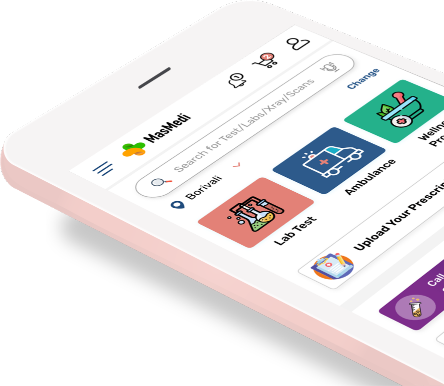Sample Type
Gender
Age Group
Blood
Male/Female
All Age Group
Cytomegalovirus IgG Antibody:-A positive test for CMV IgG indicates that a person was infected with CMV at some time during their life but does not indicate when a person was infected. This applies for persons °ÃƒÆ’â‚¥12 months of age when maternal antibodies are no longer present. Cytomegalovirus IgM Antibody:- Positive CMV IgM results indicate a recent infection (primary, reactivation, or reinfection). IgM antibody responses in secondary (reactivation) CMV infections have been demonstrated in some CMV mononucleosis patients, in a few pregnant women, and in renal and cardiac transplant patients. Rubella Virus - IgG:- IgG stays in your bloodstream for life. It means you had either the illness or the vaccine in the past and are now immune to the virus. Youre likely to have this test when you need to know that you cant get sick with rubella. Youll need both tests if youre pregnant and your doctor suspects you have rubella. Rubella Virus - IgM:- What does positive Rubella IgM test result mean? Presence of IgM antibodies against rubella suggests an active infection or previous exposure to rubella. Positive IgM and negative IgG indicates a recent infection. Positive IgM in newborn babies are an indication of congenital infection or recent post-natal infection. Herpes Simplex Virus 1 IgM:- Herpes IgM is one of the first types of antibody that appears after infection, so this blood test is the earliest one that can be used to detect herpes. The herpes IgM antibodies can take up to 10 days to develop after a primary infection with the virus. Herpes Simplex Virus 1 IgG:- An immunoglobulin G (IgG) blood test is used to diagnose herpes simplex virus (HSV) infection. This test does not detect the virus. Rather, it detects the antibodies, or immune proteins, that your body produces in response to the viral infection. Herpes Simplex Virus 2 IgG:- An immunoglobulin G (IgG) blood test is used to diagnose herpes simplex virus (HSV) infection. This test does not detect the virus. Rather, it detects the antibodies, or immune proteins, that your body produces in response to the viral infection. Herpes Simplex Virus 2 IgM:- Since most genital HSV infections are unrecognized and undiagnosed,[11] serum HSV-1 and 2 IgM helps to see the iceberg part of the infection among the population concerned. But when serum HSV-1 and 2 IgM come positive in any of the patients having STD, it may be sero-conversion of primary infection or reactivation.
Torch 8 lgG/IgM Panel includes 8 Test(s)
best labs
Option Near Youlab comparison
As per your budgetAffordable
Price GuaranteedUNBIASED ADVICE
On LabsSUNDAY LAB
Labs available on SundaysTracking health status made easy with the app. Now available on both Google Play Store and App Store. Book health tests and access your smart reports and health trackers anytime anywhere.
